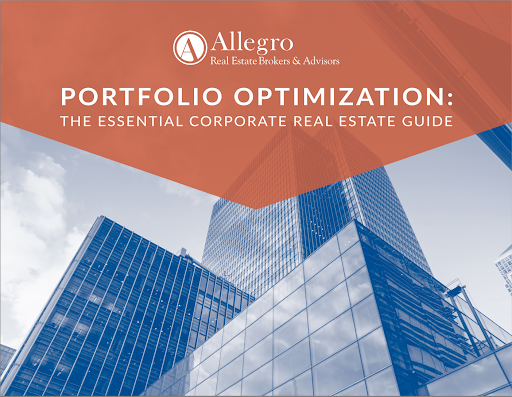Both experienced and novice businesspersons alike know that buying commercial real estate (CRE) is expensive and time consuming. That’s why many sellers often require buyers to make an earnest money payment.
An earnest money payment is a type of security deposit used in CRE transactions that ensures an applicant is serious about following through with the transaction. Because the total price of CRE transactions vary significantly, earnest money can range from 1–10% of the sale price. Earnest money also eases any financial concerns the seller might have; if the buyer defaults on the purchase agreement, the payment equates to liquidated damages.
An earnest money provision is a legally binding provision of a purchase agreement and it outlines the conditions for refunding the buyer’s deposited amount or applying that amount to the purchase price if the transaction is completed.
In virtually all cases, the earnest money provision is rather short. Still, it’s referenced in other parts of the contract and is quite significant. Portions of an earnest money deposit may become non-refundable or distributable under the purchase contract. In most cases, earnest money is refundable up until the due diligence or inspection period expires. This deadline is typically outlined in the due diligence provision.
Continue reading to learn more about earnest money, the provision found within your purchase agreement, and why it matters to buyers and sellers like you.
What’s Included In an Earnest Money Provision?
Although the earnest money provision is a short one, you’ll likely see the following information included in your contract.
- Buyer and seller information. The earnest money provision must contain the information of all parties involved in the transaction.
- Escrow agent details. In virtually all cases, an escrow agent holds the money in an escrow account. This agent can be a third party, or even the seller’s attorney or real estate agent.
- Earnest money payment amount and timing. While there’s no earnest payment minimum, most payments fall on average between 3% and 10% of the total sale price. The provision will also outline how soon the deposit must be placed into escrow after the purchase agreement is signed, typically three to five business days.
Note: If or when the earnest money becomes non-refundable, the money will typically be applied towards the final price of the sale. However, if the transaction falls apart after the non-refundable date, the buyer forfeits that amount. This forfeited amount becomes compensation to the seller for taking the property off the market and forgoing offers from other interested buyers.
How An Earnest Money Amount Is Set
There is no legal minimum for an earnest money deposit, however, the amount typically depends on factors like market conditions, and the price and type of property being sold. Earnest money deposits have almost become symbolic gestures to convey the seriousness and capabilities of serious buyers.
The Allegro Real Estate Brokers & Advisors team typically negotiates a deposit of between 3% and 10% of the sale price. In most cases, the amount is typically larger in land deals, and smaller in building transactions, but again a lot depends on the asset type, complexity of the transaction and size for the deal.
In a seller’s market—markets with lots of buyers and limited properties—it’s in the buyer’s best interest to extend a significant earnest money deposit to sway the seller. Sometimes in seller’s market deals, the seller requires that some of the deposit is non-refundable from day one.
4 Earnest Money Provision Terms to Know
As with most provisions and clauses in commercial real estate, you may come across unfamiliar legal terminology related to the earnest money provision. Below are a few common terms you’ll want to know, or at least ask your real estate broker about, before negotiating earnest money.
- Contingency clauses. In general, contingency clauses allow the buyer to refund some or all of their earnest money payment if certain events or circumstances occur. Most of the time this is related to financing issues.
- Inspection clause (or due diligence) clause. This clause provides the buyer with some flexibility to cancel the contract and have their earnest money refunded, if issues related to the following occur:
- Title encumbrances.
- Property conditions.
- Environmental issues.
- Financing contingency. If the buyer is unable to secure financing, perhaps because the appraisal value is lower than the sale price, this clause often results in the buyer having the earnest payment refunded.
- Escrow. At closing, the escrow account balance is typically applied to the purchase price and closing costs are allocated to both the buyer and seller per the agreement.
Earnest money payments are central to commercial real estate transactions—but getting the terms right is crucial for both buyers and sellers. That’s why it’s essential that you not only understand the provision, but also place your trust in experienced real estate brokers and advisors to ensure the deal goes through smoothly.
Want more commercial real estate resources?
Our blog features frequent content, straight from our commercial real estate experts. Subscribe to receive weekly content right in your inbox, on topics like advice and opinions on the state of the industry, market reports, and updates about the Allegro team.







